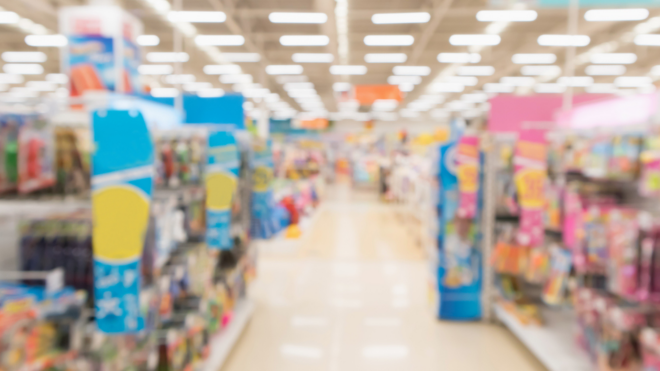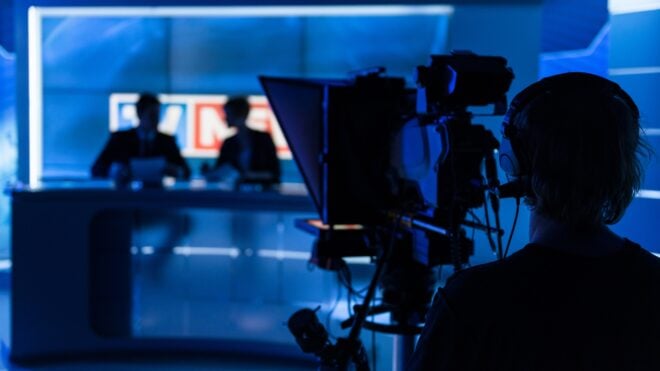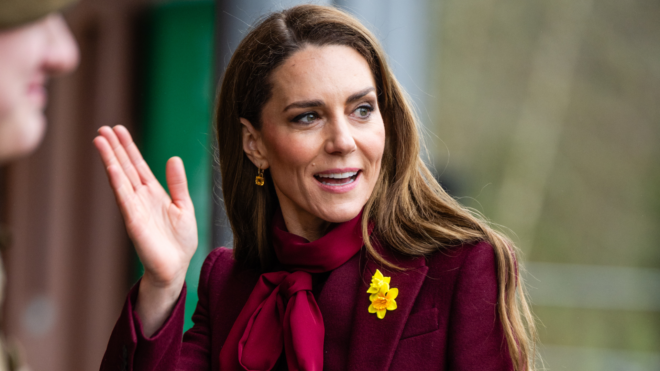
June is by far my favorite month of the year. It’s my daughter’s birthday on the 20th, school’s out for the summer, and it’s PRIDE MONTH! It’s always a joy to head to the closest city near our small Iowa town to enjoy the festivities and revel, for once, in being LGBTQIA. Trust me, I look really good in rainbow.
However, getting in the spirit can be hard for me.
If you looked at my life from the outside, you wouldn’t think I’d be participating in Pride Month, much less attending
I’m married to a heterosexual man and we have a daughter. Rolling up to Pride festivities can be a little nerve-wracking — mostly because I’m afraid of other queer people judging me. See, I look straight. I present as straight. And I’m able to easily be half-in-half-out of the closet, popping out when needed, and just as easily popping back in, should the situation demand it.
Sounds convenient, right? Be the right thing at the right time. It keeps me safe. I don’t have to worry about getting fired from my job, having parents of my students judge me, etc. But it’s also a kind of hell of my own making.
Because when you can cross borders, when you live at the boundary, you feel like you don’t really belong in either place
I exist in this liminal space where I know I’m pansexual, my therapist knows I’m pansexual, some friends know me as bisexual, and other folks, such as coworkers and relatives, only see the straight-seeming life I lead.
One question I ask myself is, why force the issue? What good would come from me publicly coming out as pan? I’m in a committed relationship. I’m obviously not out on the playing field trying to date (thank God — I try to forget what that was like!). My husband and I aren’t poly, so there’s no need to take my pan-ness into account when considering other partners.
The safety net of my heterosexual relationship had prevented me from having the strength to completely come out
I don’t see the benefit in everyday life. I only see the potential harm as a school teacher in a small town. But here’s the thing — when I go to Pride, or talk to other queer people, I don’t feel gay enough. I feel like a poser, like I’m grasping at a trendy culture, trying to stay cool and relevant. Or like I’m trying to foster a connection with a marginalized group in order to reinforce my otherness when it suits me.
The thing is, I know I’m not alone. Bi/pan people have been given weird looks, asked why they are there with their partner, and even downright discriminated against. However, recently there has been more of a push for Pride to be more bi/pan-friendly, and to include people who may be bi/pan but are in a relationship that appears (at least outwardly) to be straight.
Much of this shift can be attributed to more people understanding that gender is a spectrum, not a binary. This has encouraged LGBT folks and allies to be less presumptive about a person’s gender identity and how they present.
Regardless, many of us bi/pan folks in heteronormative relationships still have that nagging little voice in our head that tells us that we don’t belong
Gay folks tell us we have it easy, because we can still have one foot in the closet. And maybe they’re right — many gay people have been very traumatized by being outed against their will, or were forced to ruin relationships with friends and family in order to live their truth. It’s like people (including me) forget that the B in LGBT stands for us.
The only way we’re going to get over this and allow ourselves to enjoy Pride and be who we really are, is if we’re brave enough to support each other
So, to all my bi/pan siblings out there, let’s go to Pride. Let’s just get brave and do it. If we all go, we can normalize it, and carve out our place in the queer community.
At Wild Sky Media, we recognize that not all pregnancies and parenting journeys look the same. That’s why across all our sites — CafeMom, LittleThings, Mom.com, and MamásLatinas — we are committed to using inclusive language as much as possible, recognizing that all forms of parenting are valid and celebrating the shared experiences and unique differences among moms, dads, nonbinary and noncisgender parents, and all forms of caregivers.




